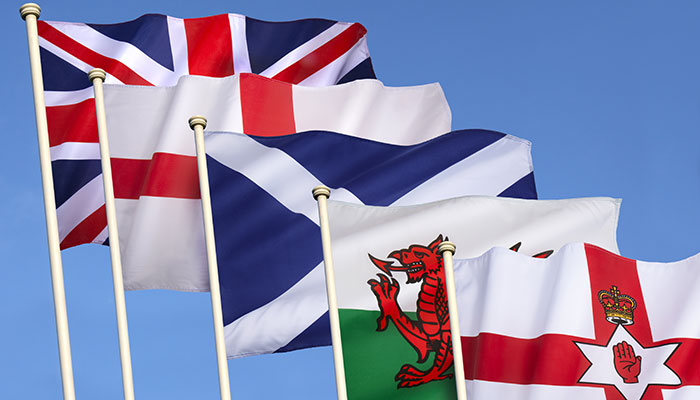
The current devolution arrangements for Scotland, Wales and Northern Ireland have been in place now for 20 years. In recent times we have also seen these arrangements evolve to include further devolution of tax-raising powers in particular. While looking into the impacts of Brexit on the devolved governments, I started to wonder if there were any implications for the nature of the constitutional arrangements that are in place.
The current model of devolution is based on what is known as a ‘reserved powers’ model. This is where the UK government reserves certain powers itself to legislate for the whole of the UK and devolves other powers to the respective administrations. Typical reserved matters include defence, monetary policy and foreign policy. A factor to consider when looking at devolved legislative powers is where there is an interaction with current EU law and where powers being repatriated from the EU following Brexit will be best administered.
The Scottish Government has already put forward its proposals in this area to the UK government in its publication Scotland’s Place in Europe. The Scottish Government, in support of its view that a differentiated Brexit is required for Scotland, has argued for further powers repatriated from the EU to be given to Scotland. This is to provide for protection of key rights for citizens and to maintain all existing legislative competence for all powers repatriated from the EU. For example, this would mean retaining powers over fishing and farming and adding powers such as employment law.
Now that the UK government has published its approach to negotiations with the EU, we can get an insight into how the UK government intend to deal with these issues. Firstly, the UK government has acknowledged no decisions currently taken by the devolved administrations will be removed from them. Secondly, however, it has also stated that as the powers are repatriated to the UK from the EU, they have an opportunity to determine the level best placed to make new laws and policies, ensuring power sits closer to the people of the UK than ever before.
This may mean that additional powers are devolved to Scotland, Wales and Northern Ireland. It may also mean that the UK government decides to reserve powers to legislate on a UK wide basis. Under these circumstances it could be possible that the UK government decides, in order to facilitate new trade arrangements with the EU or wider trading partners across the world, that a UK-wide approach to issues, such as agriculture for example, would be preferable. The result of that determination would be that agriculture would best be a reserved matter for the UK Government, potentially shrinking the current devolved competences.
It’s very early days in terms of any negotiations on the future relationship with the EU, but it doesn’t seem totally clear from the UK government that changes to the devolved competences for Scotland Wales and Northern Ireland would not be subject to review. Many people in Scotland, Wales and Northern Ireland view the devolved administration as their primary government. They value decisions being made locally by elected officials that are accessible and aware of local circumstances, rather than through Westminster. As the negotiations unfold, the devolved administrations will need more certainty over their core competences post Brexit.





















